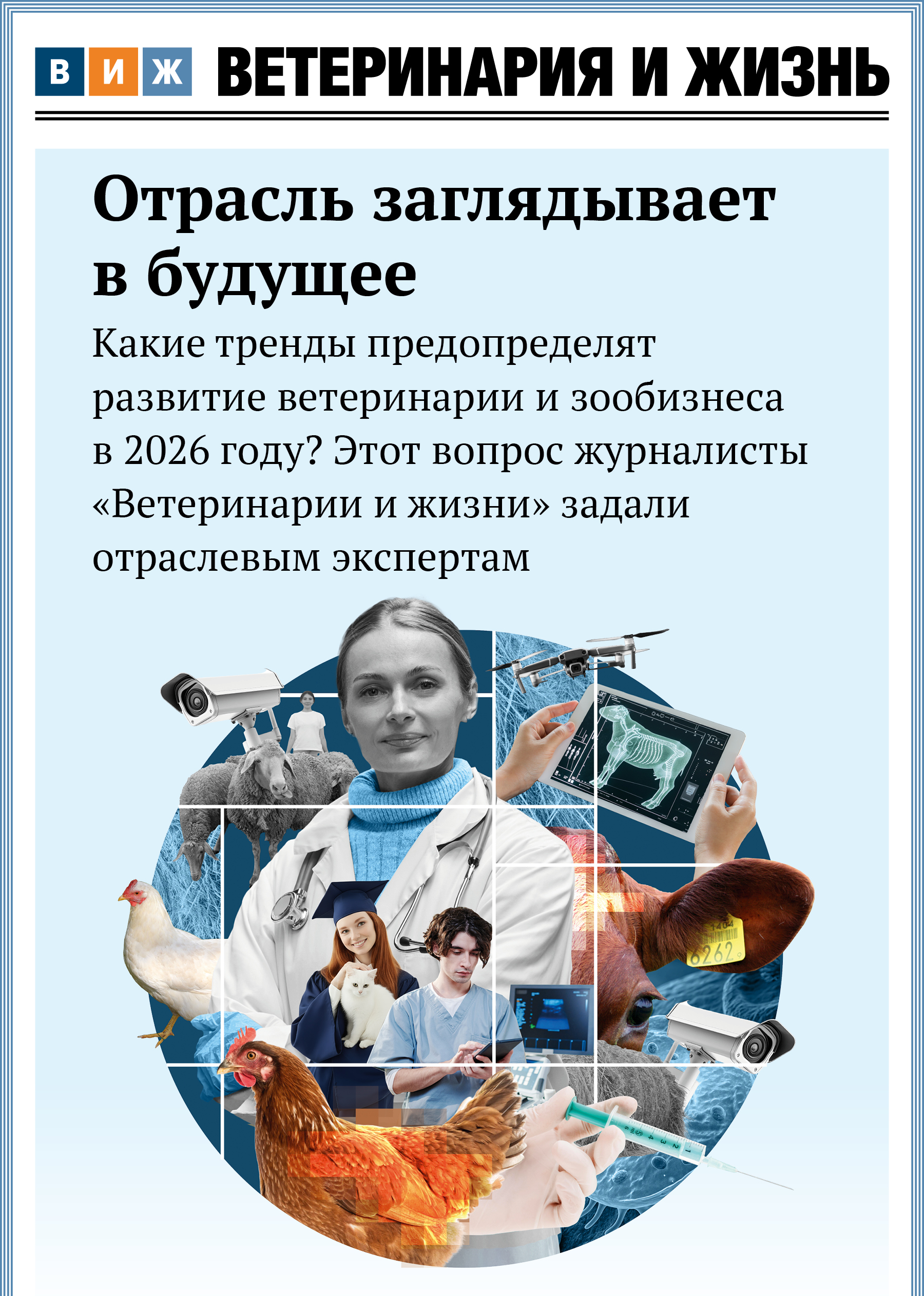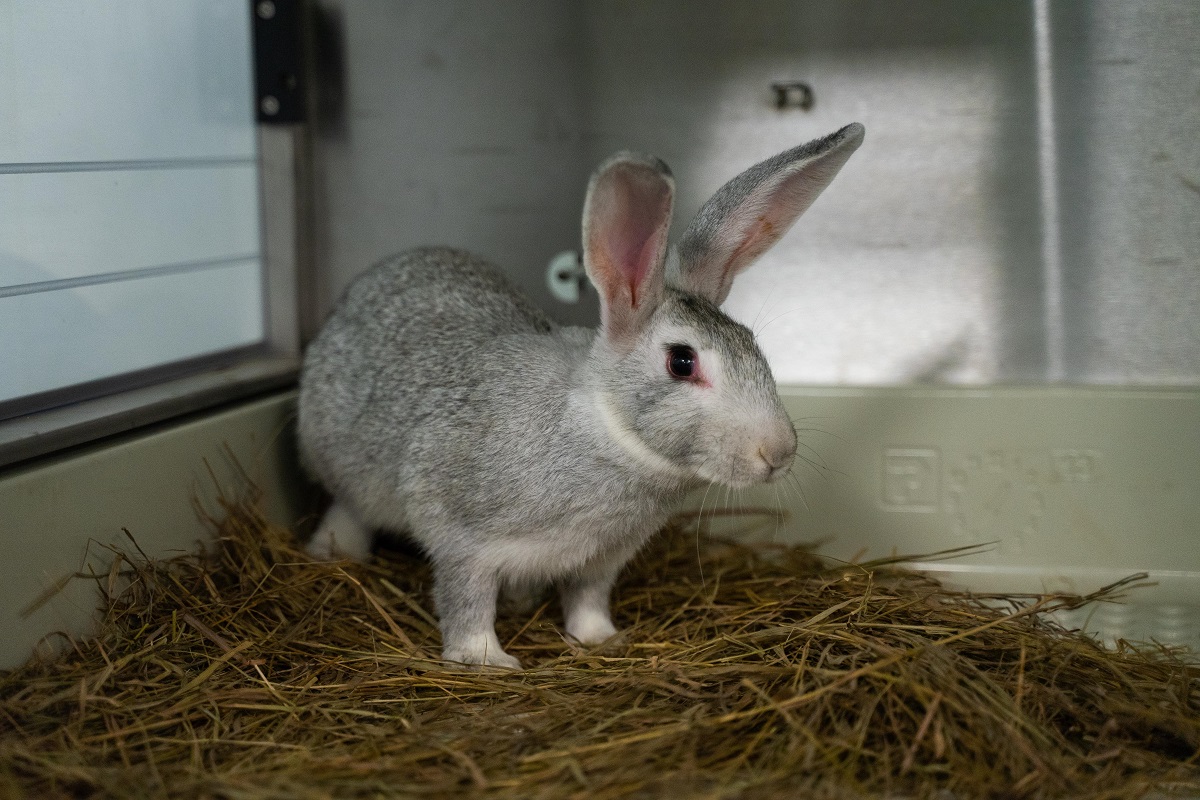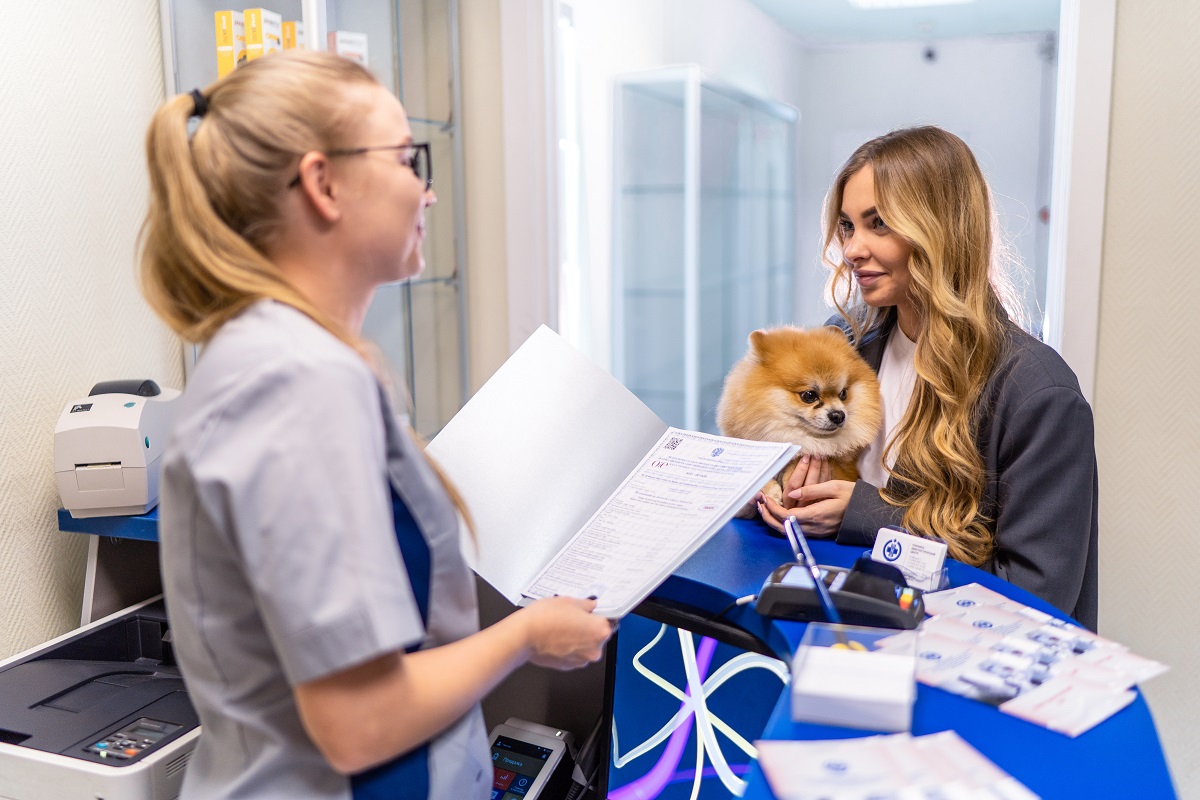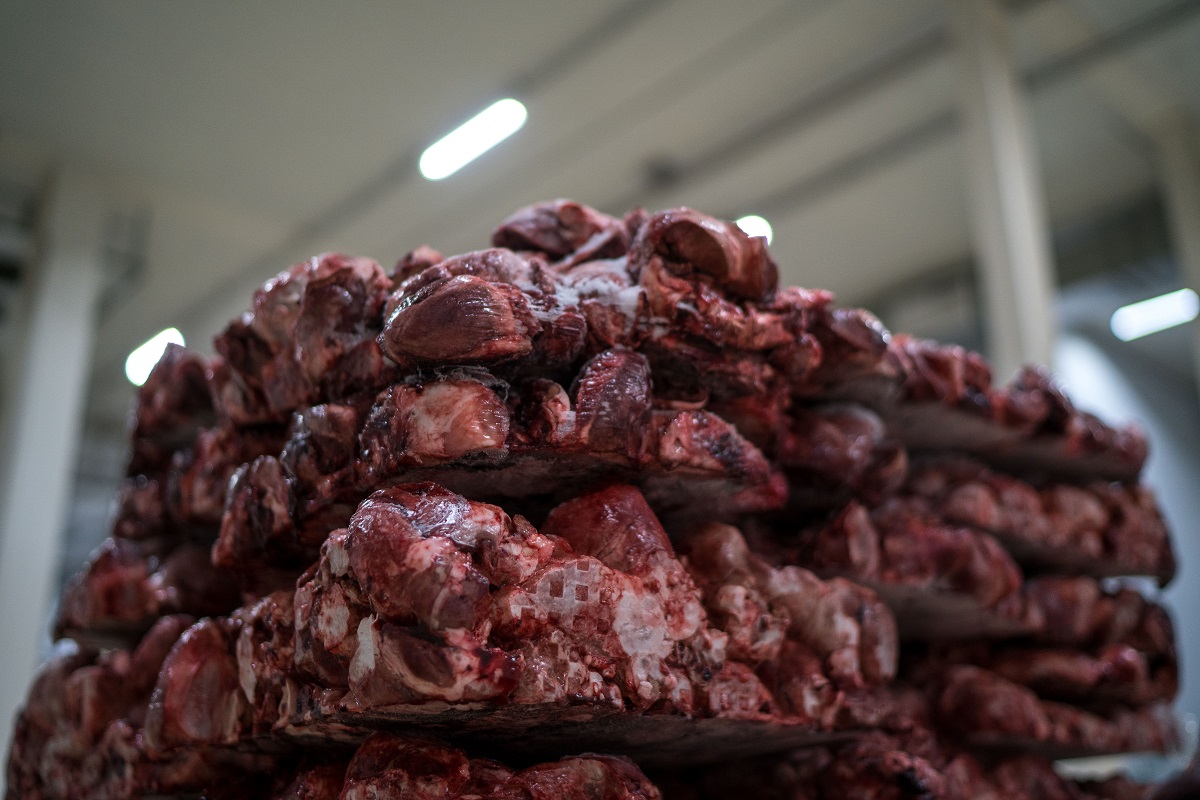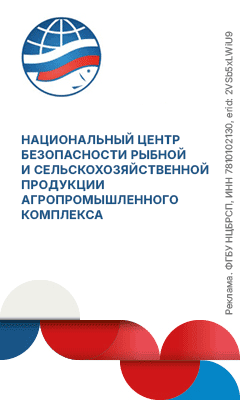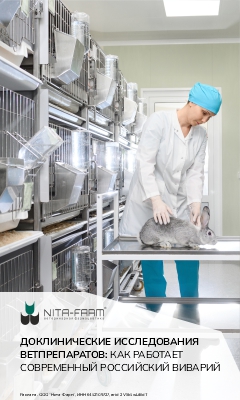The new veterinary regulations are available on the official portal for draft regulatory legal acts.
The document outlines specific requirements for the rabbit environment, quarantine procedures, and mandatory preventive and diagnostic measures. The standards apply to rabbit breeding across various settings, including backyard farms, private businesses, large agricultural producers, and penitentiary institutions.
According to the Ministry of Agriculture, over 500 businesses in Russia are involved in breeding rabbits for sale. “These animals pose a risk of transmitting diseases that are hazardous to both rabbits and humans, including rabies, pasteurellosis, listeriosis, tularemia, cysticercosis, etc.” This comment was made by the ministry to underscore the importance of the new veterinary regulations.
The document also specifies that if rabbits share a building with other animals, isolated premises must be provided for each species.
“Keeping birds in the same building with rabbits is prohibited,” the veterinary regulations explicitly state.
In accordance with the new rules, rabbit breeding facilities are required to undergo zoning. These zones should include designated premises for breeding, an isolated area for the quarantine of animals, and a distinct space for their treatment. Additionally, mandatory facilities comprise a manure storage unit, a site for biothermal manure disinfection, and a designated room or zone for storing disinfectants and veterinary drugs. A separate space for the storage of feed and bedding materials is also a prerequisite.
In addition, farms may include facilities for rabbit slaughtering and the initial processing of skins.
The veterinary regulations outline standards for rabbit housing spaces based on their sex and age, as well as specify the types of bedding materials, water consumption standards, and requirements for premises disinfection.


